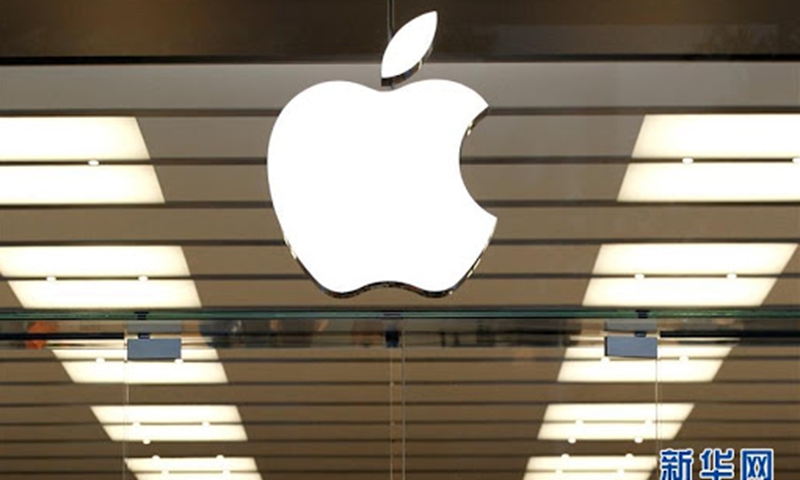
File Photo:Xinhua
On the first product launch event it held this year, Apple released a new iMac in seven different colors, an AirTag gadget to track lost items and a new tablet with its self-developed chip. However, compared to the hype it created, its customers in China have been underwhelmed with Apple’s speed of innovation.
“I don’t see anything that’s especially innovative other than the different color dye,” one user comments on Weibo, China’s social media platform.
“I still buy Apple products, but its technology advantage over other brands are narrowing,” one user said, “Local brands usually catch up very quickly with whatever Apple releases.”
However, many users are excited about the iPad Pro that carries Apple’s M1 chip, which they hope will have longer battery duration, enhanced performance and might gradually replace a need for PC.
The Apple’s product releases have been highly anticipated among some core Apple fans after its delay. Reportedly to be scheduled at the end of March, the event was almost one month later than consumers anticipated.
The delay is a probable consequence of the chip shortage caused by the COVID-19 pandemic, which had disrupted Apple’s supply chain. According to media reports, the shortage of chips has weighed on the timely delivery of some MacBook and iPad products earlier this month.
The stock market also reacted coolly to Apples’ new product release. Prior to the event, Apple’s stock price dropped by more than 1.6 percent, and some companies that are in the Apple supply chain also see their price drop.
According to statistics from IDC, a market research firm, Apple ranks the second place in the high-end mobile phone market in China with 44 percent of market share, trailing after Huawei, which holds a 44.1 percent share. Around 40 percent of buyers of Huawei Mate 30 in China are also previously Apple users, data from Alibaba shows.
Global Times
